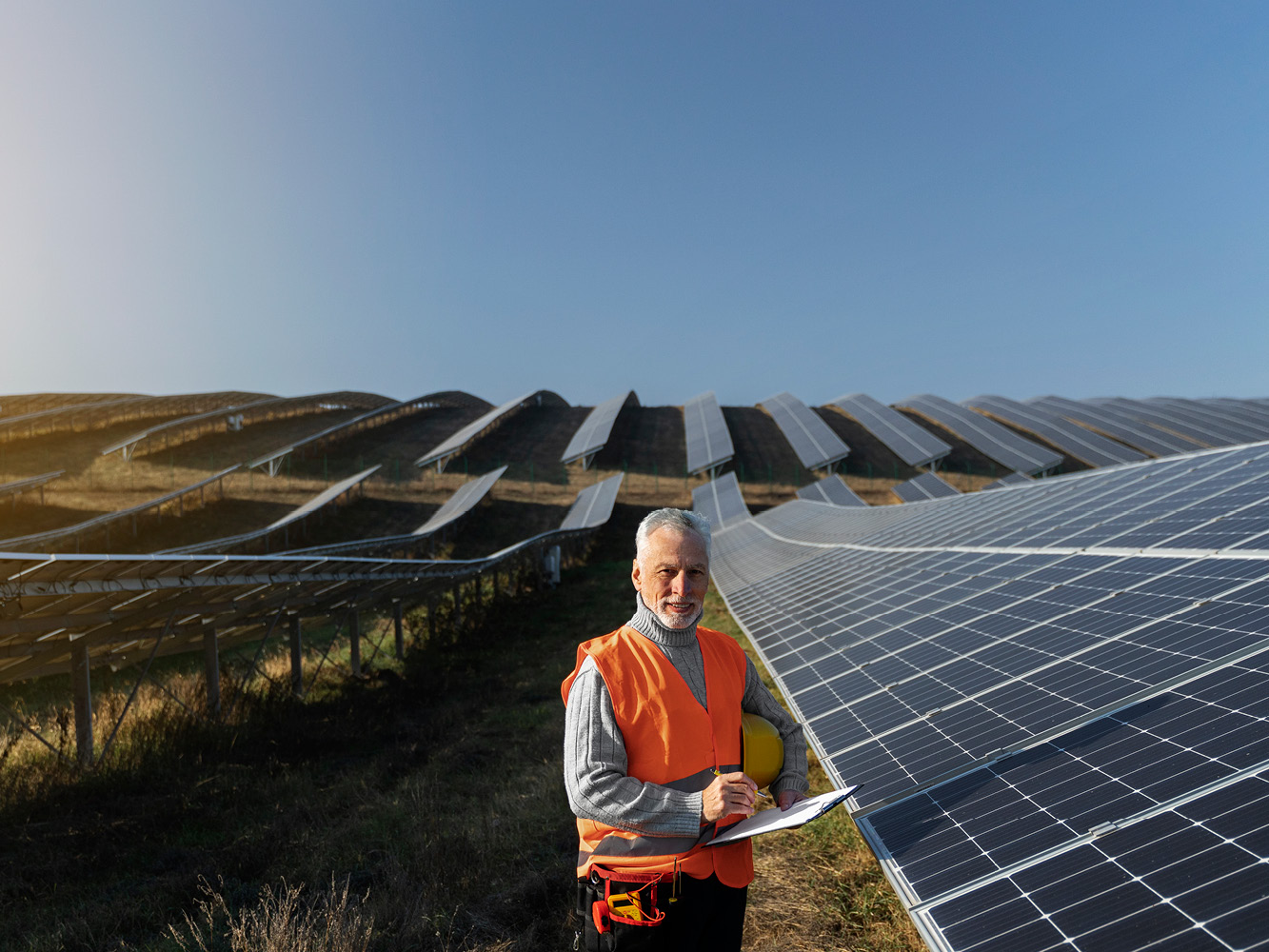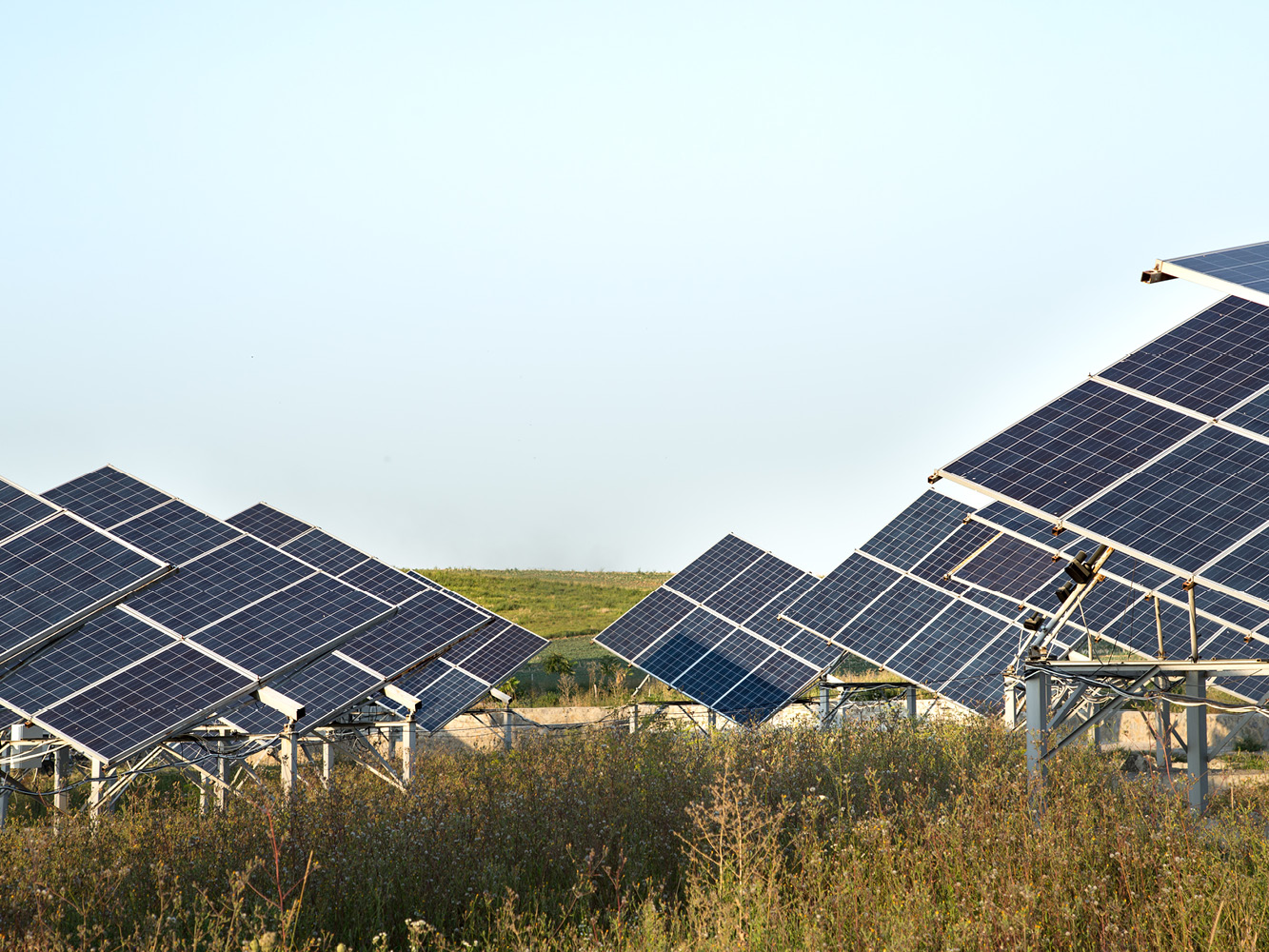
Pursuant to Regional Law 26/2003, as amended, regional energy planning consists of an Act of Guidelines, approved by the Regional Council, and the Regional Energy Environment and Climate Program (PREAC) approved by the Council.
The Regional Council’s Act of Addresses, approved in 2020, set out the path for Lombardy to establish itself as a “net zero emissions region” by 2050, indicating four basic guidelines:
- reduction of consumption with increased efficiency in end-use sectors;
- development of local renewable sources and promotion of self-consumption;
- growth of the production system, development and financing of research and innovation at the service of decarbonization and the green economy;
- adaptive and resilient response of the Lombard system to climate change.
The last two years, amid the major effects of the pandemic, the energy crisis and the uncertain geopolitical context, have made environmental sustainability of the Lombard economy and society a fundamental need. Therefore, the PREAC also originates from the need to give the Lombard community a concrete future of renewed social and economic well-being that can combat climate change, consolidate improvements in air quality and generate new opportunities for economic development.
Le misure di attuazione del PREAC sono contenitori comprensivi di più azioni e interventi, che saranno dettagliati e concretizzati in seguito con la realizzazione di interventi specifici e che richiederanno la partecipazione di cittadini, imprese e tutti i portatori di interesse economici e sociali.
Here is the complete list of these actions: development of photovoltaics, hydroelectricity, hydrogen supply chain, solid biomass, district heating and renewable energy communities and low-emission mobility, optimization of public and private buildings, decarbonization of industry, measures in agriculture and carbon removals, in circular economy in waste, activation of ecological transition supply chains and 17 territorial areas for Energy Transition, regulatory simplification and regulatory tools, fight against energy poverty and adaptation to climate change.
The Measures were defined considering a functional logic design based on the activation of a number of strategic levers: simplification and regulation; incentives; vocation and spatial planning; and participation and networking. Particular importance, due to their cross-cutting value, is assumed by the themes of information, training, behavior and co-participation of all actors (from businesses to ordinary citizens) in decarbonization goals.


